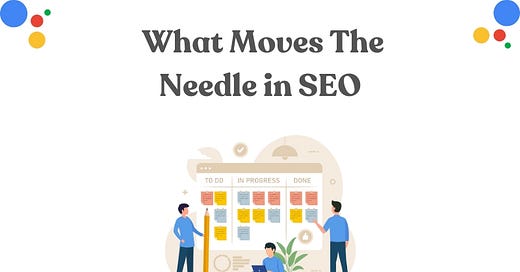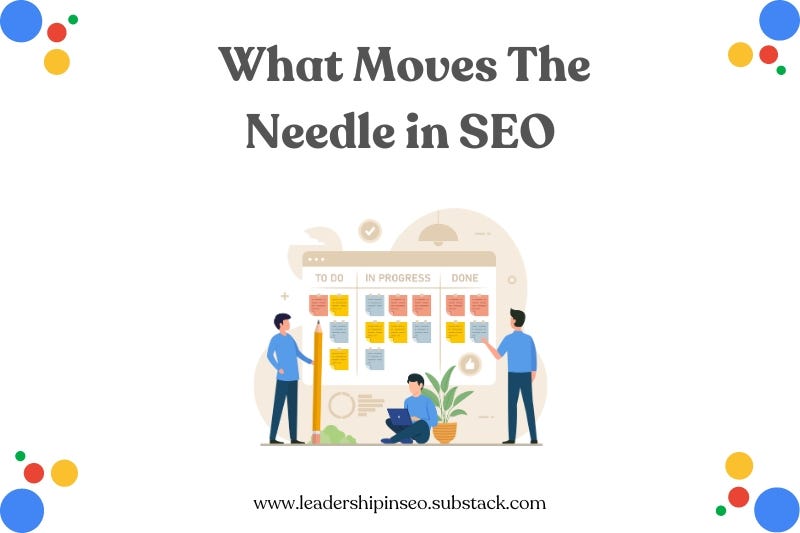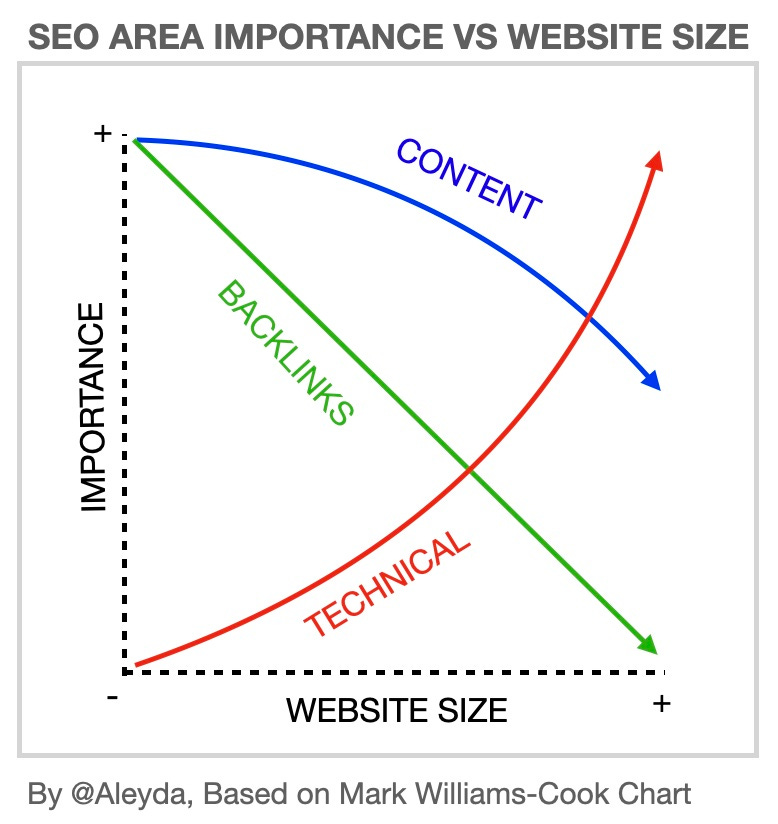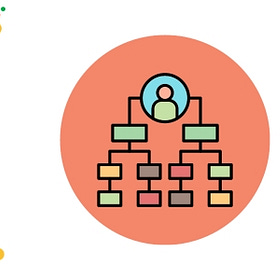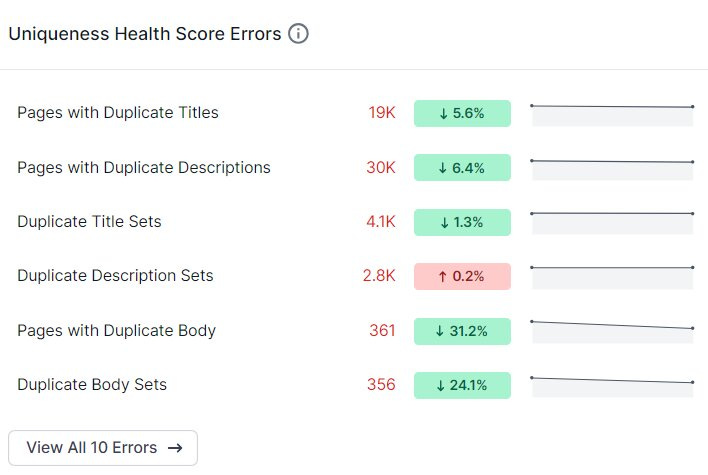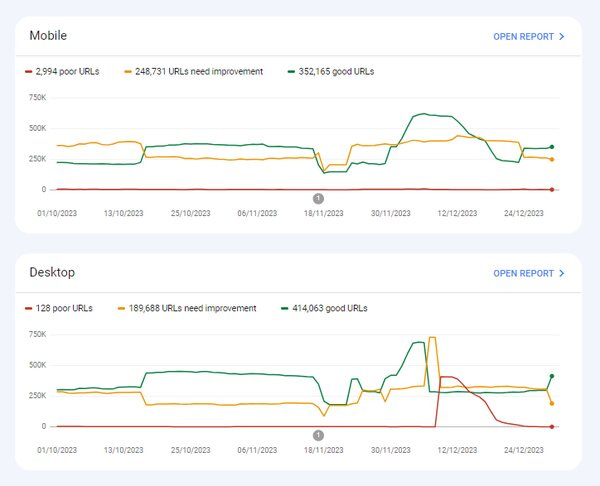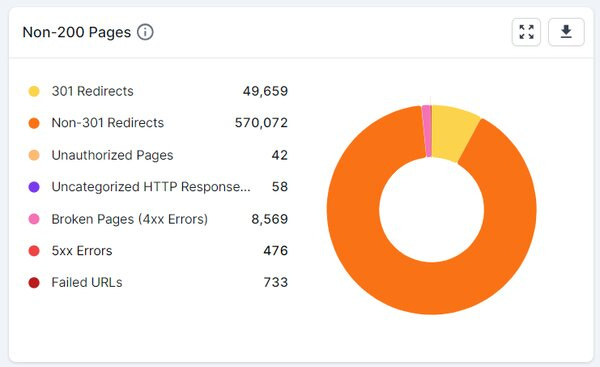What really moves the needle in SEO?
As Google's algorithm becomes more and more bizarre, it's important you know how to identify and prioritise projects that will add value
If you work in the digital world’s most ambiguous industry (it depends, we get it), make sure you cut through the shit like a hot knife through someone selling backlinks on Fiverr.
TL;DR
There is no one-size-fits-all approach to SEO. Make sure you plug into the company’s goals before prioritising them
If you can’t clearly articulate why a project or task would add value, don’t put it forward
The 80/20 rule applies. 80% of your effort should go towards the fundamental 20% of SEO initiatives likely to drive value (don’t get caught up in the fluff)
Top tip: if you’re unsure whether an initiative is going to add value, try to contextualise it outside of SEO terms. It may not be obvious whether improving site speed metrics will have a ranking impact. But if it should also improve conversion rate and your site’s crawl budget by reducing the amount of resource crawlers have to consume, it may be easier to prioritise.
Ensuring your SEO projects add value
Being in SEO puts you in an unusual position in most companies. A significant proportion of the work you put forward will rely on some input from the Engineering, Product and Editorial teams. Whether certain people or departments like it or not, they are going to be pretty reliant on their SEO team when it comes to working on initiatives that will add value.
As SEO’s, this means;
You need to make sure you’re confident that the work you put forward will see returns
If you aren’t confident that certain projects will add value, don’t put them forward
Backlogs are not a dumping ground, be selective with the projects you put forward
You must understand your company's goals and the highest-value areas of your site
If you are working with an agency or a third party auditing your site, make them follow the same principles - if they can’t elaborate on why a project will add value, don’t add it
There will always be some pushback on the work you put forward and it will normally have to compete with priorities from other departments. Being confident that your initiatives will drive value and being knowledgeable and articulate enough to explain why go a long way.
What really matters in SEO?
An almost unanswerable question because this differs so much for each site. As a general rule, larger, more mature sites rely much less on backlinks and mentions (or off-site SEO) than start-ups or new sites.
Larger, older websites become far more complex simply thanks to their volume and range of people who have worked on them. They need some technical SEO expertise. Whereas smaller sites typically can’t rely on the strength of their content alone, they need a digital PR push and some industry expertise to add weight to their offering. Technical SEO is much less important on a small, fresh site unblemished by years of decisions - poor or otherwise.
Ultimately the things that I think you should focus on are (in no particular order);
Content quality and quantity
Page rendering
Crawl efficiency
Information architecture and navigation
Site speed
Backlinks
Getting these right tends to drive around 70-80% of the value you are likely to achieve. If you viewed everything else as fluff, I wouldn’t be angry or upset.
I really like this graph from Aleyda Solis. I also used it in my ‘How to set up SEO teams’ article. It isn’t meant to be proportionally accurate, just to highlight where your time is likely to be better spent.
How to structure SEO teams
TL;DR The maturity of a company, the size of the website and business goals must be foundational principles when setting up your SEO team
Example initiatives
I’ve listed a few common examples below from audits I have seen (and delivered) over the years. Every site and company is different, so take these examples as more of a this is a way to approach prioritising work as SEO’s.
#1 Title tags and meta descriptions
Do title tags and meta descriptions add value in certain situations? Yes, absolutely. But if you’re sent an audit by a third party (or you are auditing a website) and one of the recommendations is to add 3,000 title tags and meta descriptions on old content, paginated pages or old news articles, you should question it ferociously. Reasonably, but ferociously.
I would say the sign of a good SEO is to look at ‘issues’ picked up by the above and to filter the wheat from the chaff
Projects are typical of sub-standard agency audits. Having worked in SEO agencies and as a freelancer, I have complete sympathy. You don’t want to miss anything out. But unless you truly believe this project will add value (if your high-priority pages all have out-of-date or missing metadata for example), this is rarely even low priority.
#2 Site speed
Do you know why site speed is such a hot topic in SEO? Or at least why I think it is… It’s because it’s one of the few initiatives with a specific, clearly measurable set of standards. Otherwise known as Core Web Vitals.
Usually, I would say that site speed is an excellent project to work on because its benefits are so numerous. Improvements in crawl budget, time to indexation and conversion rate are all associated with a faster, leaner site. However, it is a time-consuming project that engineering teams can obsess over.
In this scenario, I would analyse the page types that aren’t in the green bucket, identify patterns and understand whether there are some quick fixes to take the amber to green. If the fixes are far more complex, consider whether it’s worth doing alongside other projects.
Knowing when to pull back and when your site is fast enough to focus on other initiatives is part of your job as an SEO.
Passing the four Core Web Vitals standards is a great start. Once you have got to that point, I suggest running some competitor analysis to understand how you stack up against your competitors in the SERPs. If you’re at or near the top of the tree, there may be some other more pressing initiatives to work on.
#3 Broken and redirecting links
Another auditing classic. Medium priority - fix these broken and redirecting links. On the surface, this feels like a no-brainer. But anyone who has worked on large sites or with news content will no doubt be well aware of the hundreds of thousands of link-related issues that get picked up by any crawler.
Here the number of broken pages pales is, for what is an extensive site, a minor problem. The non-301 redirects look to be a much more pressing issue.
The question you should be asking here is not just will it make a difference, because we know that this increases the overall quality of each page slightly. The questions you need to ask are:
How many people are landing on broken pages (and is our 404 page any good!)
How will we fix these links? Is there a simple script or tech solution that can help?
Do we need to find an alternative link for the broken links, or just remove them?
What is the scale of the issue and how does it compare to other projects?
In my opinion, the best solution is to try and get things somewhere around 75% right. Particularly when working on larger sites. Focus on fixing the broken pages or redirecting links that are generating a high % of the issues and on the particularly valuable areas of the site. Everything else I don’t think the juice is worth the squeeze unless there’s a simple fix.
How do I know if something will add value?
Experience. Having a clear understanding of what makes a website function effectively from a search engine crawler’s perspective is a great starting point. And understanding what makes a difference for the site(s) you are currently working on - asking the right questions is paramount, particularly at an agency;
What are the company goals?
What has been worked on previously?
What sections of the site are the most important? What are you trying to grow?
Where are you spending your resource internally?
As we have a finite amount of time, what is the most important thing we can get right?
Not everything you do will add value and that’s ok. Nobody is right every time. But you need to be right more often than not and, if something didn’t go to plan, understand why so you don’t make the same mistake again.
What sort of initiatives should I prioritise?
Like with everything in SEO, this depends. It depends on the size of the site, maturity, available resource, size of the SEO team, and ease of getting projects pushed through among other things.
I like to work on initiatives that have tangible value outside of just the SEO realm. Unless there’s a specific reason I think we need to work on a specific issue that I can clearly explain to non-SEOs, I question whether it’s the right thing to do.
If you want a few steps to follow;
Identify and fix any pressing technical issues (can the pages be crawled and rendered would be step one)
Make sure people can convert and that these pages are properly optimised
Ensure that high-priority content is easily accessible
Ensure said high-priority content also follows SEO best practice
Review deadweight, low-quality and legacy content
Establish how the site looks from an E-E-A-T perspective
IA audit
Once you’ve ensured nothing catastrophic is happening, then you can get to work on some more back-to-basics auditing.


